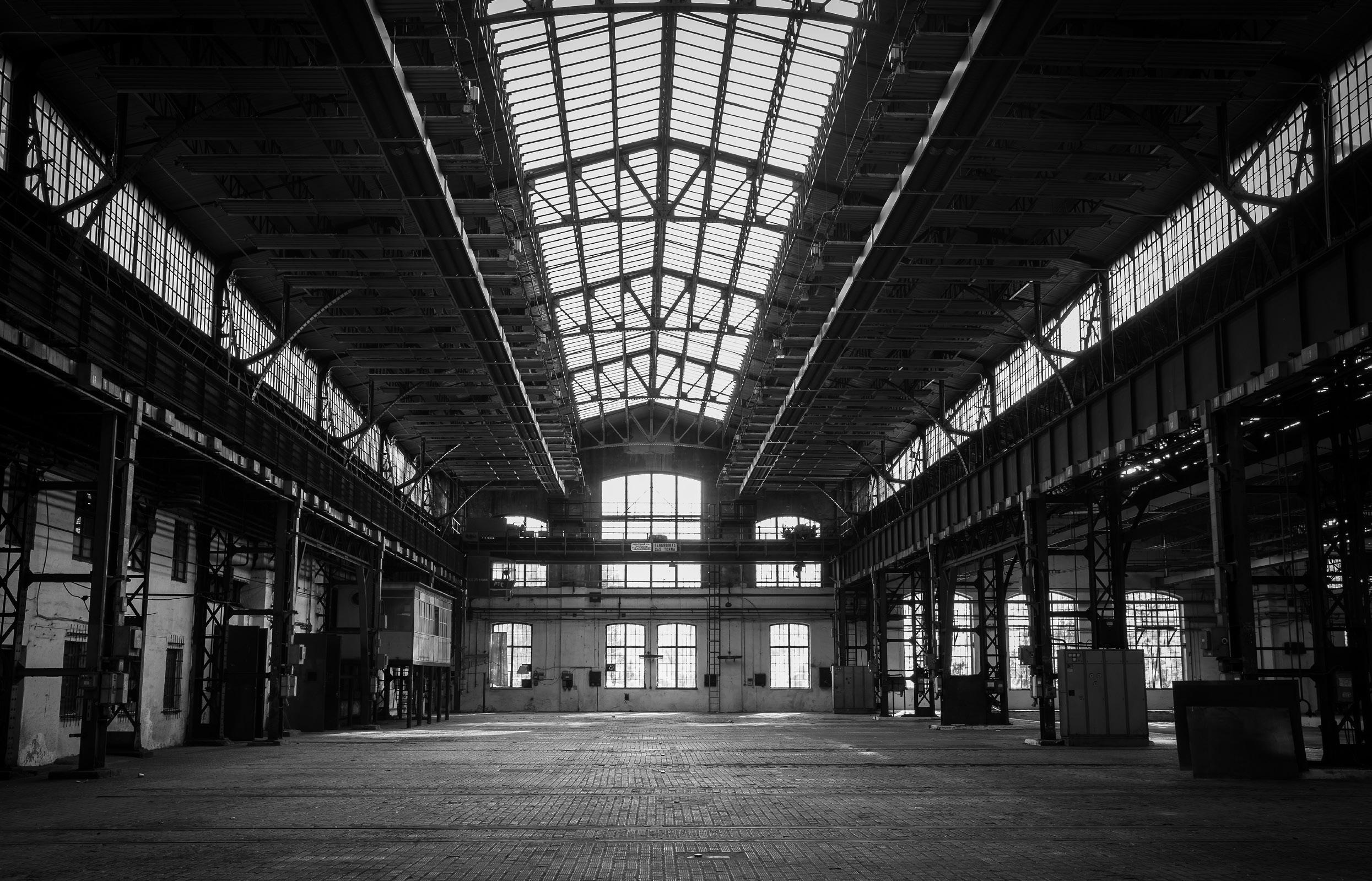
2 minute read
The political difficulty
the political difficultgy
Renewable Energy in a political climate
Advertisement
Major changes towards a more sustainable society are not only played out through engineering, but also through the political domain. Furthermore, societies are made up of members that have a democratic right to vote and thus to influence decision-making. These processes have a dynamic of their own, and careful political action is needed to implement necessary measures in a democratic manner.
Humanity has the capacity, ingenuity, technologies and resources to create a better world. However, the lack of appropriate institutions, coordination mandates, political will and governance structures make the task difficult.
Global Energy Assessment: Summary for Policymakers, 2012, s. 8
A well-functioning energy system shall meet at least four quality requirements Firstly, it should provide universal access to energy that can ensure the generally accepted minimum quality of life. Secondly, it must be (ecologically) sustainable as defined by the Brundtland Commission’s – i.e safeguarding the present generations needs without compromising the ability of future generations to satisfy their needs. Thirdly, the energy system shall ensure secure access for consumers, a safe working environment for everyone who works with manufacturing and distribution, and protection against harmful side effects for the environment. Fourth, the system shall be cost effective, i.e realizing the three other requirements at the lowest possible cost.
The above quote from Global Energy Assessment should remind us that our ability to accomplish these objectives depends not only on technology and economics, but also to a high degree of political institutions and processes. Many solutions and projects that satisfy one or more of the above criteria, may simply not be possible to legislate or implement. Media and public debate often explain this disparity with reference to a lack of political will. It is a grossly oversimplified diagnosis.
A research- based approach will take the position that the political opportunity space is formed through interaction between three main factors. One is the parties’ preferences and perceptions. The second is the distribution of power and influence between parties (more precise: the distribution of power over the configuration of preferences). The third is the institutional framework (‘rules of the game’; organizational structure and associated resources). Most of us have multiple roles, and the preferences that we express through professional practice or consumption do not always point in the same direction as those we express as citizens in society (through elections and discussions). Power is unevenly distributed in all known communities. In order to identify the scope for change, it is particularly important to identify ‘veto players’ and ‘winning coalitions’ Veto players can block change, winning coalitions can drive changes through. Restructuring is difficult where there are many veto players that have mutually different preferences. The number of veto players increases the more support the rules required in order to make valid decisions increases. In complex systems, coalitions of constructive “pushers” may prevail, often through starting out by adapting measures that the coalition members can achieve through cooperation. When these “pushers”
succeed , we often see that others follow.
Political feasibility is of course not a requirement in line with universal access, energy security, and sustainability. The fact that a measure is possible , does not necessarily make it desirable. In working for change to sustainable energy systems knowledge of the regulatory framework and the mechanisms that shape the political opportunity space is imperative to judge success. In this support function, Norwegian research communities have a lot to offer.








